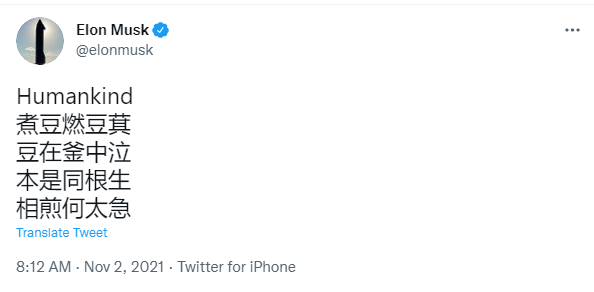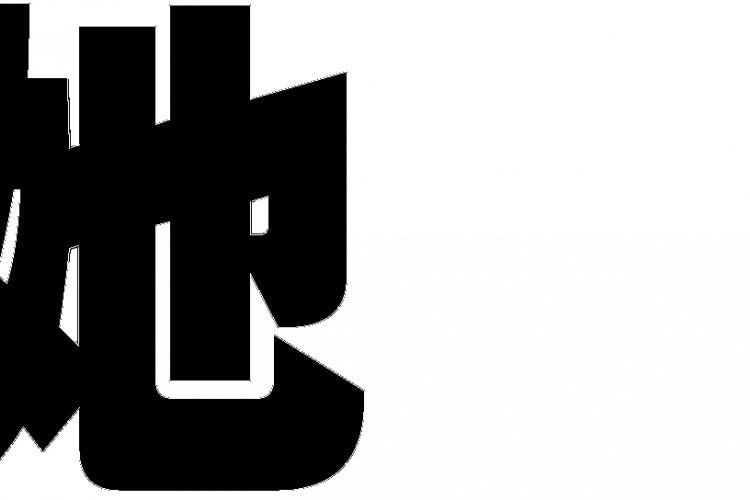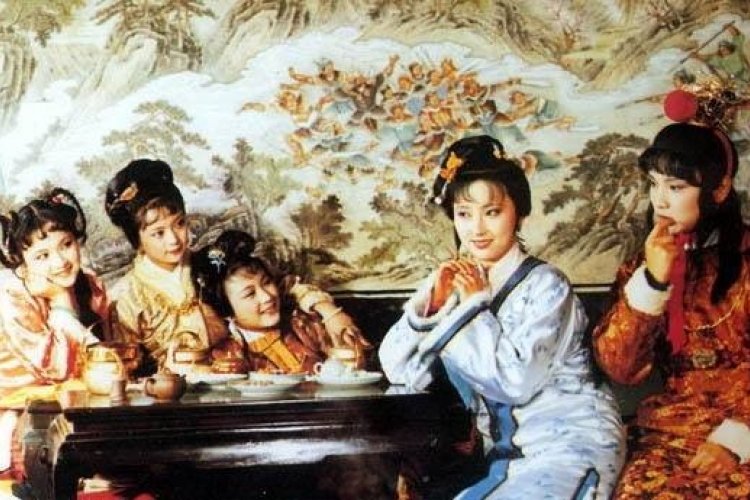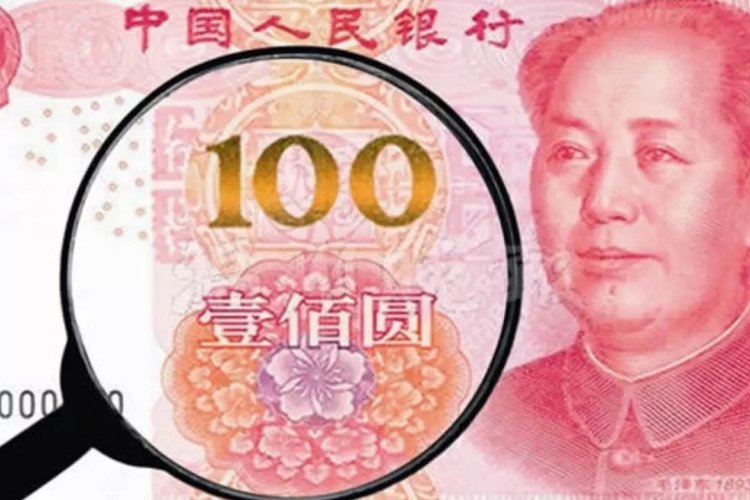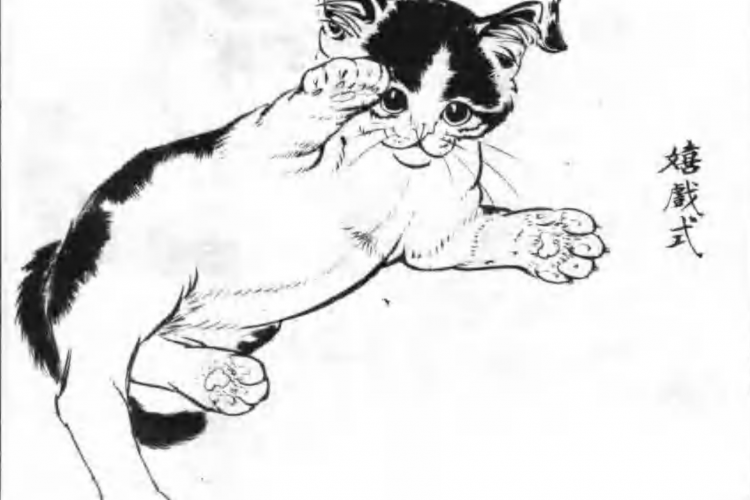Mandarin Monday: What Did Elon Musk Just Post?
Mandarin Monday is a weekly column where we help you improve your Chinese by detailing learning tips, fun and practical phrases, and trends.
Humankind
煮豆燃豆萁
豆在釜中泣
本是同根生
相煎何太急
Last week, Tesla CEO and Space X founder Elon Musk saw one of his Tweets go viral worldwide again. But it wasn't the announcement of some new project, something about Dogecoin, or a review of Japanese anime. Instead, he posted a simple 20-word Chinese poem. For the average non-Chinese speaker armed with Google translate, the poem might come off as nonsense; but for native speakers and advanced Chinese learners, it was intriguing to see Elon post what's called a "Seven-Step Poem" on Twitter.
Today, I've decided to share with you the story of the "Seven-Step Poem."

The reason it's called as such is because its author, Cao Zhi, was forced to create a poem carrying the innuendo of "brothers" without using the actual word "brothers", within seven steps, or face a death sentence from his elder brother Cao Pi, who envied his talent and reputation. However, Cao Zhi perservered and came up with this poem without expanding any steps, cleverly lamenting upon the petty brotherly feud by taking an example for burning beanstalks to boil beans.
To give readers a better understanding as to its meaning, I've come up with the following translation:
煮豆燃豆萁 zhǔdòu rán dòu qí
Burn the beanstalks to cook the beans
豆在釜中泣 dòu zài fǔ zhōng qì
The beans are crying in the pot
本是同根生 běn shì tónggēn shēng
Both the beans and beanstalks come from the same plant
相煎何太急 xiàng jiān hé tài jí
Why do we have to destroy each other?
The author cleverly appropriates a condundrum from common countryside life to question the necessity of bloody conflict between kin for power. This simple yet precise comparison and the story behind it have made this poem one which has been remembered for generations. It also caused it to witness more inevitable gory rivalries throughout its long lifetime.
However, the common version of the poem – aka the one Musk shared on his Twitter – was an adapted version first used in the historical fiction epic 三国演义 sānguó yǎnyì Romance of the Three Kingdoms, while the original one has six verses instead of four and was documented in 世说新语 shì shuō xīn yǔ A New Account of the Tales of the World. Some scholars even believe the poem wasn't even written by Cao Zhi, since neither Romance of the Three Kingdoms nor A New Account of the Tales of the World are official histories, while Records of the Three Kingdoms and Cao Zhi’s personal poetry anthology make no mention of the piece or the ancedote it draws upon.

Moreover, as the king of a state, if Cao Pi truly wished to rid the world of his brother (the only potential threat to his rule), he could've used any other method at his disposal than opting to challenge his battle to an ancient freestyle rap battle.
However, it is also understandable why the writers of the aforementioned books choose to make Cao Zhi the star of such a story. If we look at it from a modern perspective, Cao Zhi was the top-tier influencer of his time. As the son of the ambitious tactician and politician, Cao Cao, Cao Zhi expressed more interests in the literature than in warfare, leaving us with many outstanding works that showed a transition from Yuefu Poetry (government collected folk songs) to literati poetry, such as 箜篌引 kōnghóu yǐn and 洛神赋 luòshén fù.
Many famous Chinese poets and literary critics also think highly of him. Xie Lingyun, a literati who started a school of landscape poetry once said “The talent in this world weighs about 一石 yīshí one shi (a traditional Chinese measurement), Cao Zhi was gifted with 80 percent of it, while I gained 10 percent of it, the other 10 percent is shared by everyone else.” which summarized as the Chinese idiom 才高八斗 cái gāo bā dǒu to describe someone who is extremely talented.
Turning back to our present-day influencer Elon Musk, its still a mystery why he chose this poem, but next time, he should save everyone the hassle and cite the author!
READ: Mandarin Monday: What Would Squid Game Look Like if it was Held in China?
Images: Twitter, Qulishi

